€11.05
In stock

Region: São Sebastião da Grama, South of Minas
Producer: Diogo Dias
Altitude: 1100 – 1350 masl.
Coffee varieties: Yellow Bourbon
Process: Natural
Drying: Patio
Cupping notes: Chocolate, Toffee, Orange
Cupping score: 86.00
As one of Brazil’s most consistently excellent coffee farms, Fazenda Recreio delivers a cup reflecting evolved processing methods for quality coffee production dating all the way back to 1890. After 4 generations of managing Fazenda Recreio in his family, Diogo Machaedo is now in charge, and he plans to maintain the historic farms exceptional reputation as the world of Specialty Coffee continues to blossom.
Educated as an Agricultural Engineer, Diogo Dias Teixeira de Macedo is responsible for managing the farm. Following in his parents’ footsteps, Mr. Homero Teixeira de Macedo Júnior and Maria Dias Teixeira de Macedo, he started working on the property in 2000. In the past few years, he has been working to combine tradition and innovation in order to produce the best coffees and prizes at quality contests are crowning his legacy.
Diogo was a finalist at the Cup of Excellence back in 2001, and in the following years he has achieved: 2003 (4th), 2004 (1st), 2008 (2nd), 2009 (3rd), 2010 (4th) and 2013 (5th)
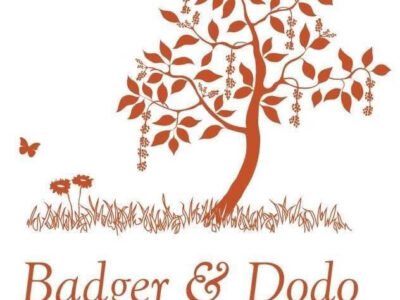
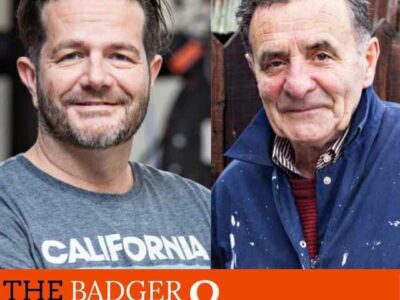
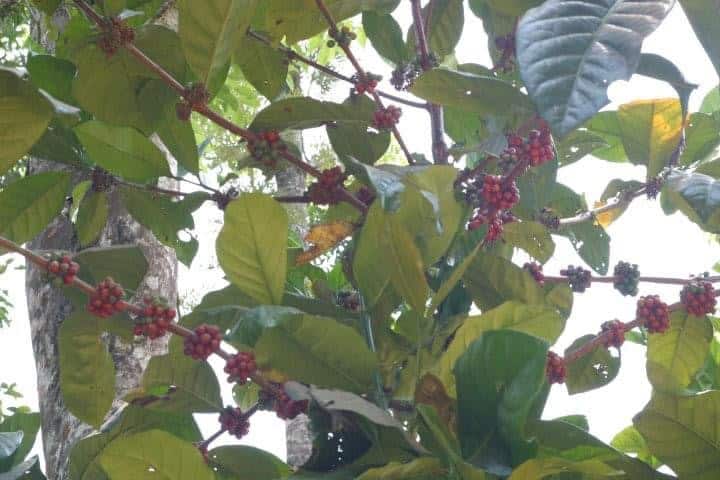
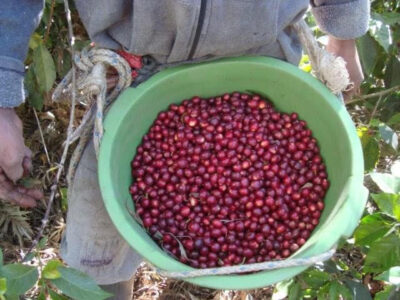
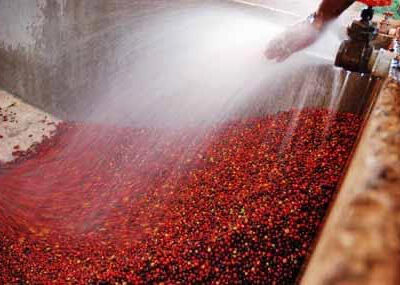
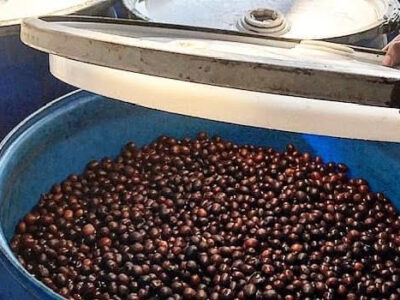
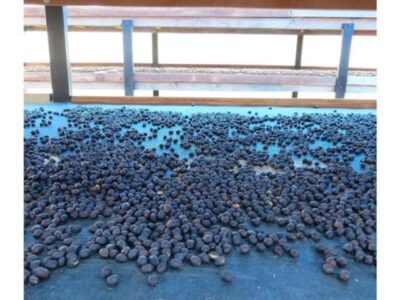
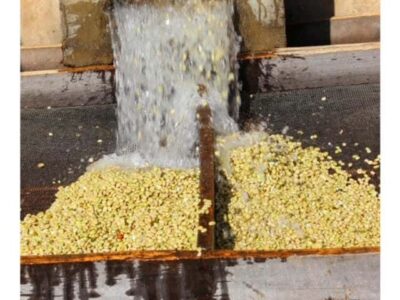
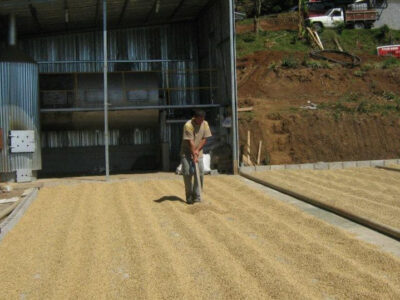
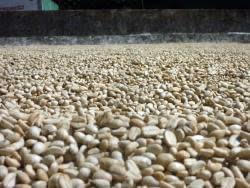
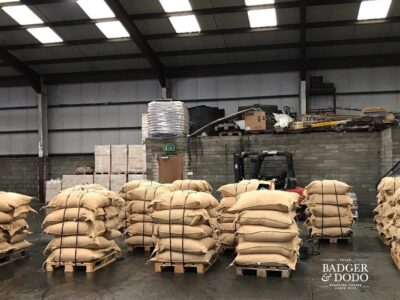
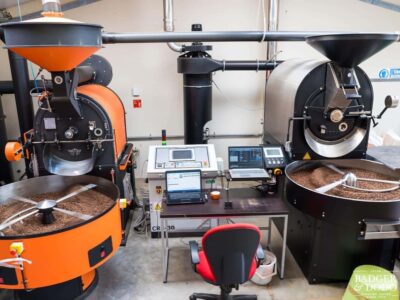
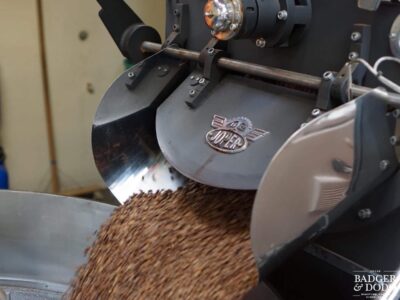
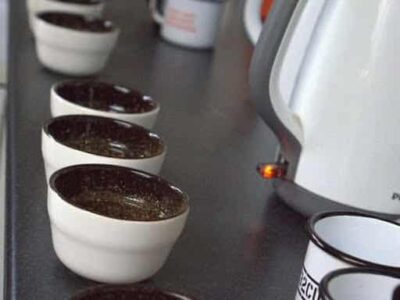
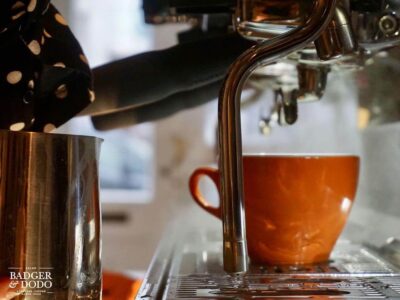
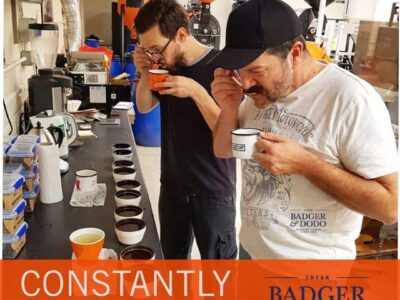
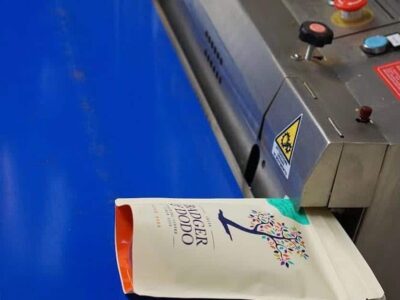
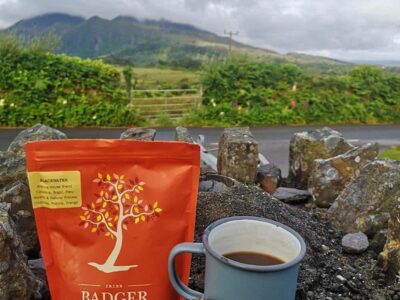
Australian Brock Lewin is the Badger in Badger & Dodo, Broc being Irish for Badger. Brock first pulled a shot of coffee in 1993 whilst at Uni’ in Sydney but really came to terms with speciality coffee whilst living in Melbourne from 2005-08. He relocated with his wife to Fermoy Co Cork and established Badger & Dodo on his in laws’ farm in July 2008.
Dodo is the father-in-laws’ childhood nickname. Dodo is a bit of legend in himself. We wouldn’t be where we are without this man. He’s a cross between a retired chicken farmer, Teagasc scientist / inventor come MacGyver !
In 2013 we rebuilt the roastery – a whole new building, double insulated and ventilated for perfect humidity – crucial to green bean storage and airflow roasting requirements. The need to rebuild was primarily to house ‘Dr O’ (see below) as well as our existing 10kg and 1kg roasters.
Within this set is a very tight knit group of dedicated staff. Elia was an all-Ireland Costa coffee barista champion, barista trainer and branch quality control manager long before making his way to us in 2013 – after which he learned the art of roasting from Brock, completed the SCAE Diploma and the prestigious Coffee Quality Institues’ Q grader program – confirming his expertise in sensory accuracy. Jay is our roastery manager who oversees everything after that from blending through to dispatch.
Dr O is our customised cast iron, 30Kg roaster. Roasting via a fluid bed of hot air gives a more even roast which is smoother & richer in flavour. All our coffees undergo scrutiny:
In an industry where ‘consistency is king’ this is a vital piece of technology. 3rd wave coffee refers to the latest approach to coffee sourcing and roasting. 1st wave is typified by ‘Italian’ roasters who traditionally would have had little regard to roasting or sourcing, 2nd wave roasters would be typified by dark roasting under the illusion that this would bring strength. ‘3rd wave’ coffee roasters:
1) Roast in smaller roasters simply because it allows much greater control over heat. We understand that heat needs to be tamed to bring out the unique characteristics of every crop.
2) Having a small roaster and relatively smaller customer base limits output. Hence this allows us to source smaller & more exclusive coffees, and, form closer relationships with our limited number of wholesale customers.
3) Baristing standards and espresso machines have also developed exponentially in line with wanting to get more from such high quality coffees.
The idea behind this is, like a fine womens’ clothing boutique, we have a range of coffees chosen for their outstanding qualities, to present a range of coffee with profiles for everyone. All of our single origins are Arabica and Speciality – that is, scoring 85+, and we only buy current crop coffee..
In 2018 we went to Brazil and Colombia to meet farmers and began shipping coffee straight into port of Cork – no longer via England or further afield. This means more for the farmer, more for the Irish economy and fresher & better coffee.